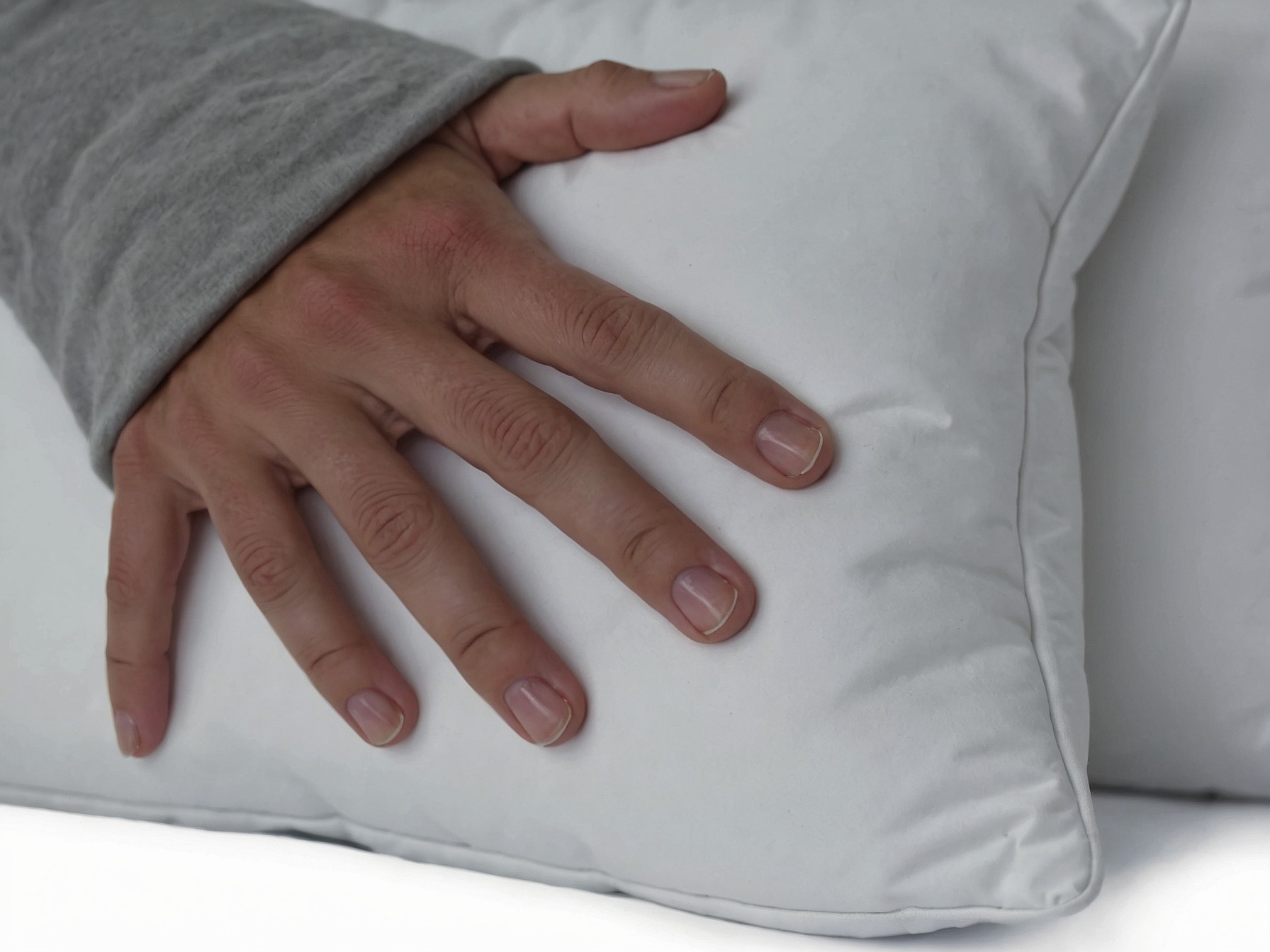Scientists from the Netherlands, Paul Zerr and Nico Adelhöfer, along with Martin Dresler, a regular researcher of lucid dreaming, have published a review of the current state of science in this field. Even though the phenomenon was confirmed back in the 1970s, the neurobiology of lucid dreaming faced significant skepticism up until the beginning of the 21st century.
The main challenges include the lack of a standard for research and a technique that would guarantee lucidity. There isn’t even a unanimous opinion on what exactly constitutes a lucid dream: are all sorts of “pre-lucid” or “semi-lucid” experiences considered lucid dreams or not?
However, there are several positive trends, such as the emergence of devices that make research accessible at home. A crucial step was also the two-way communication with lucid dreamers during sleep (experiments on this topic have also been conducted at REMspace). Artificial intelligence has also provided new perspectives. The authors note an amusing similarity between lucid dreaming and artificial intelligence: in both cases, individuals often notice an excess or lack of fingers.
Which studies on lucid dreaming do you consider groundbreaking?
The preprint of the article was published in March 2024 on the OSF.
Get all the latest news about lucid dreams via our channels on Telegram, Facebook, Twitter




